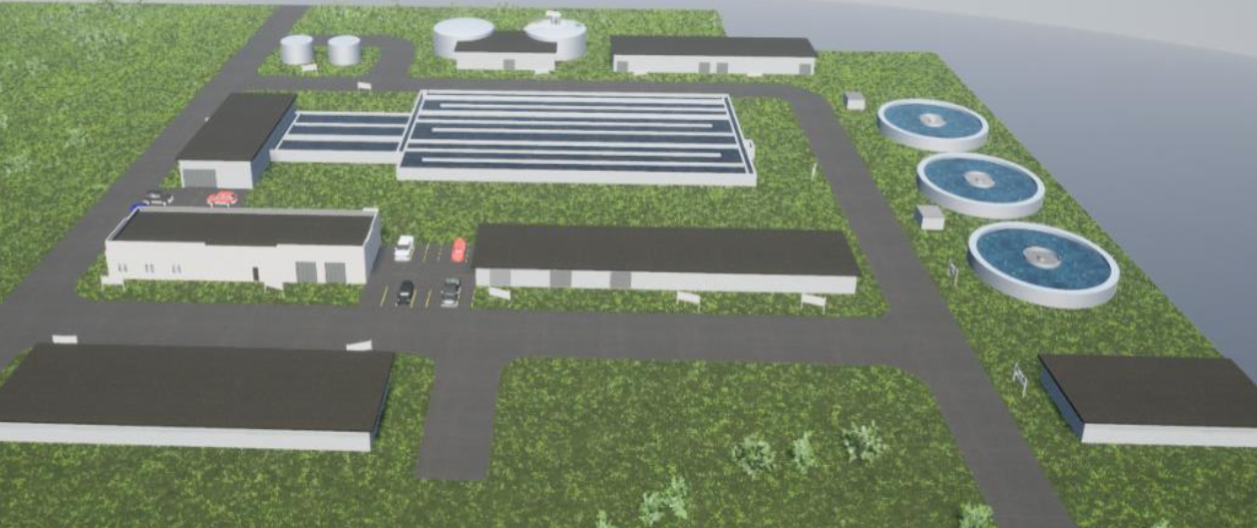ERIN – The total cost of Erin’s wastewater treatment plant is estimated to be $126 million, but with developers paying 50 to 60 per cent of the cost, the town’s share will be $58 to $68 million.
Erin council heard a presentation by Nick Colucci, director of infrastructure services, at its meeting on March 16. Colucci outlined the costs after council directed staff to come back with a full report.
Colucci said the town’s share is further reduced to $22 to $32 million after taking developer “over contributions” into account.
To date, the town has spent $401,000 on consultant and legal fees.
The cost to existing homeowners in the villages of Erin and Hillsburgh to hook up to the system will be between $4,000 and $23,000, Colucci said, “but $6,400 will be the typical amount.”
The range depends on the size of the property and where exactly the infrastructure will be located on each property.
Colucci said the town is seeking federal and provincial grants to help lower that cost to homeowners, “and we’re told it’s imminent – and hopefully imminent means next month and not in the next year.”
He said once the grants are known, town staff can start working out payment options for homeowners.
“When we get the funding, we can work out a detailed plan. It could be 10 or 20 years spread out over the tax bill, or a loan option,” he said.
The town would have to borrow the total amount and pay it off as homeowners pay their share. He said the town has a borrowing limit of $22 million.
“I’m concerned with the risk associated with our borrowing capacity,” said councillor Michael Robins, who put forth the original motion asking for the report.
“I’d like to understand the financing risk. My expectation is that growth will increase our borrowing capacity, but I don’t want to burden the town with debt.”
Director of finance Ursula D’Angelo said staff calculations are based on a 20-year loan “but Infrastructure Ontario would consider 30 years for debt,” she said.
“We can ask the province to increase our debt capacity. There have been cases when they did provide an increase in the limit. So I’m confident we do have room.”
Colucci said the design of the plant is about 50% complete.
It will be built in three phases and part of it will be operational by October 2022.
“The tender for the construction of Phase 1 of the plant is expected to be issued in May of 2021 with the 100% design being submitted for approval close to the same time,” his report states.
Robins asked Gary Thorne, technical lead at WSP, to answer questions posed by residents about the quality and temperature of water that will be discharged from the wastewater treatment plant into the West Credit River. WSP is doing the design work on the plant.
“People think we’re putting brown water into the river, but the water quality is the most stringent in North America,” Thorne said.
“This water quality is not far from drinkable quality.”
Thorne said Credit Valley Conservation has been examining the river, “and our project will have little effect on the river as it stands at the moment. We will also be monitoring.”
“There will always be people who don’t believe this,” added Mayor Allan Alls.
Colucci said staff have created a short list of contractors and are almost ready to award the construction contract.
Once staff makes the final recommendation on a contractor, it will return to council for approval.




